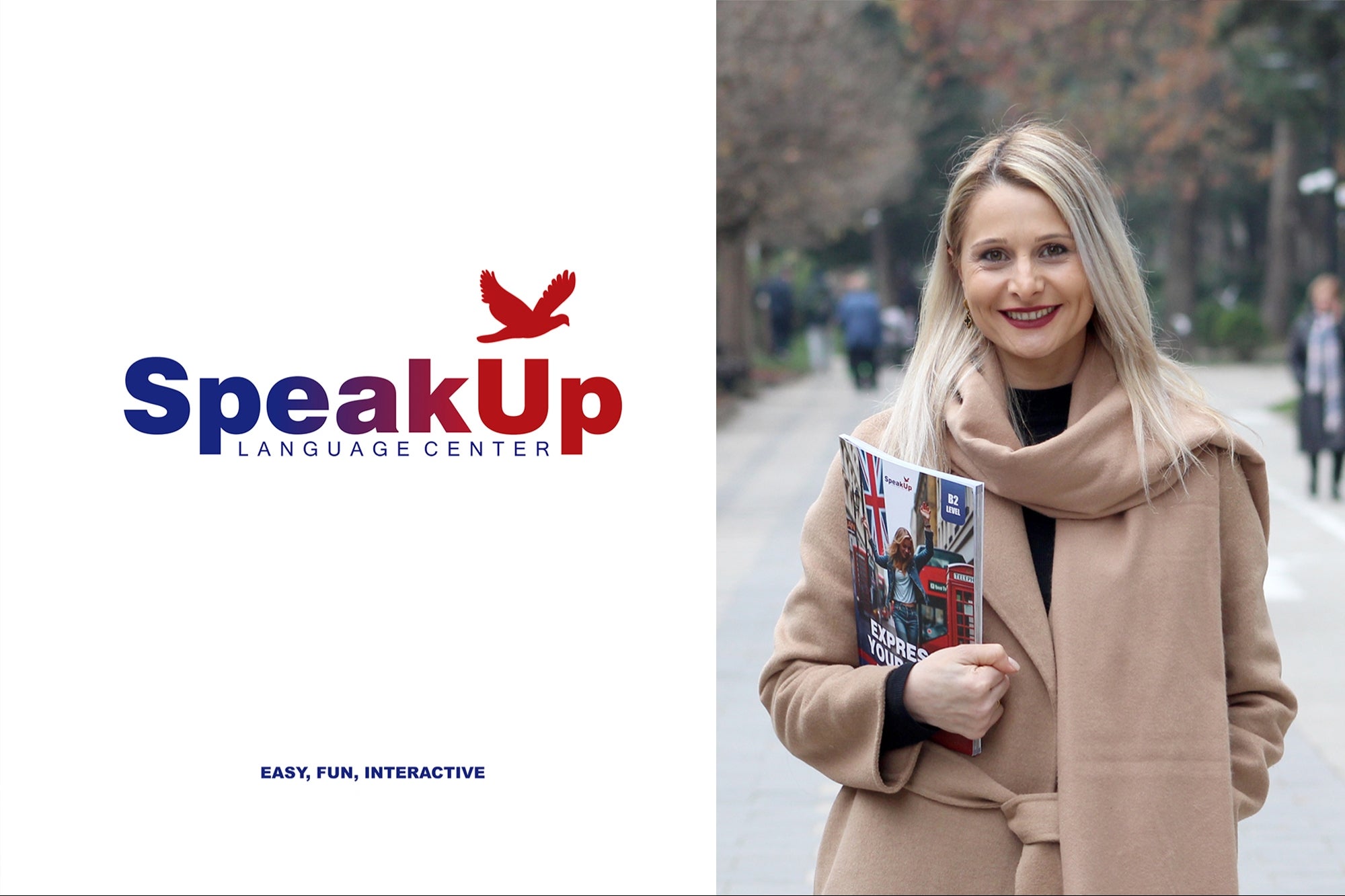BAU International University Batumi's new rector How does the University plan to educate students to become highly qualified doctors?
Opinions expressed by Entrepreneur contributors are their own.
You're reading Entrepreneur Georgia, an international franchise of Entrepreneur Media.
The importance of medical education and the healthcare system is steadily increasing in this modern and globalized world, and the improvement of the health sector is directly related to the growing of highly qualified professionals.
BAU International University Batumi has been serving this purpose for many years already, implementing medical education programs by introducing the highest scientific and ethical standards, offering innovative teaching methods, and responding swiftly to modern demands. The School of Medicine and Health Sciences of BAU International University Batumi aims to deliver competitive, highly qualified professionals focused on both the local and international employment markets, and to promote their integration into the global educational arena.
In 2023, the university welcomed a new rector, one who will continue not only to manage the university with the existing strategic goals in mind, but who will also seek to consistently innovate.
Giorgi Tskhvediani has been working in education since 2006, and for 17 years, he has been in charge of issues related to education from numerous positions. Within his career to date, he has held leadership positions at the National Center for Education Accreditation, then at the National Center for Education Quality Enhancement, as well as working in various leading private universities. In addition, Tskhvediani headed the accreditation service of the National Accreditation Center for five years and, for some time, worked on projects of the European Union and other international institutions in Georgia. Accordingly, his experience in higher education has included positions and responsibilities that will significantly assist him in efficiently managing BAU International University Batumi activities.
"My primary motivation in entering the education sector was to meet as many professionals from different fields as possible with different visions and ways of thinking. Higher education fascinated me most, and so I took on work in various positions at the National Accreditation Center, at a time when the education system was developing in Georgia and when new directions were being added.
During my career, I have always looked at the education system from the perspective of both state and private institutions. My next challenge is my current position at BAU International University Batumi, a university differs in its profile, approaches, and vision," Giorgi Tskhvediani explains in a conversation with Entrepreneur.
Since its foundation, the main task of BAU International University Batumi has been to consistantly improve its educational programs, provide students with the latest knowledge and experience, cooperate with Georgian and foreign universities and research institutes, integrate scientific research into the learning process, create an appropriate simulation environment to provide clinical experience, and enhance the professional development of its academic staff.
BAU International University Batumi has a global vision of creating a multicultural learning and research environment, which in turn is focused on a high standard of teaching, research, clinical practice, and on the continuous development and improvement of the learning process.
The university's new rector is focused on integrating academic staff and students into international educational and scientific circles, and on providing international career opportunities for the university's graduates.
"My ultimate plans are to restructure internal and external issues within the university. We are proud of our graduates being eligible for any country's licensing exam. However, we will also focus on improving internal processes alongside this. We want to communicate actively with students, academic staff, parents, partners, and others. We strive to create a unified community where each member has an emotional attachment to the organization, and feels like a part of something big through their work. For this purpose, we encourage teamwork so as to enhance the sense of responsibility among all those connected with university activities," Tskhvediani explains.
Batumi International University prioritizes students and their needs. That is why the Student Service Department at the university is responsible for informing and advising students about the educational process, creating student clubs, organizing joint student events, and integrating students into the academic circle. In addition, the career support service of BAU International University Batumi helps reveal students' personal and creative potential and develop them into strong leaders.
BAU International University Batumi's study years are divided into three phases: studying, deciding, and achieving success. The university team profoundly believes in providing high-quality education through cooperation and continuous communication with the students.
"As a multinational university, we take pride in equipping future doctors with all the necessary skills. This is not only about the academic knowledge that we provide students to the international standards defined by the World Health Organization, but also about the development of such skills as the ability to work in a stressful situation, and skills vital to a healthcare professional, such as empathy, leadership, teamwork, and more," Tskhvediani notes.
"At the university, we have developed an important initiative called the student portfolio, which combines all the student's achievements, examined patient information, progress, and a 360-degree evaluation from all the people with whom the student interacts, be it fellow students, lecturers, supervising doctors, spatient, or others. We provide updated information to students and share recommendations and information about their annual progress. It is a pleasure to see how the essential competencies of the student change, develop, and improve," he adds.
The development of the Scientific Research Department within the university is a priority. The university works on increasing the research potential of academic staff, conducting research promoting health improvement, realizing the applicability and commercialization potential of research, and the internationalization of that research. According to the new rector, special attention is to be paid to financing graduate students' research papers and their publication in internationally recognized scientific journals.
"The university will focus on scientific research," Tskhvediani says. "During the selection of the academic staff, attention will be drawn to their experience in lecturing and, most importantly, to the scientific research activities in their fields. Our university is one of the first educational institutions guided by the Hirsch (H) index, which considers the citation rates in internationally referred scientific journals when selecting academic staff.
"In student scientific activity, the competence of BAU's graduates upon graduation is so high that we allow them to lead various simulation courses at the same university, conduct seminars, receive funding as young scientists, and more. As a result, we are creating a network of young scientists and young healthcare professionals comprised of our successful graduates," Tskhvediani explains.
The university's international relations development strategy includes strengthening cooperation with regional higher education institutions. Global cooperation in education is strategically crucial, and BAU International University Batumi, together with partner institutions, engages in inclusive research activities which allow academic staff to study abroad, gain experience, and be more proactive in their field.
The members of the Sciences Department at BAU International University Batumi, with student involvement, research immunohematology, epilepsy, spatial memory formation, epigenetic and autophagic molecular markers of aging, microbiology, stem cells, and other areas. Joint research projects are being planned with European universities. The university also invites academic staff and researchers from different countries, which promotes the internationalization of its learning environment and compliance with the latest university requirements. Within the frames of various projects, students and staff participate in an exchange program for specific courses and clinical practices. Integrating fundamental and applied research programs into the academic curriculum significantly improve students' competencies and responses to modern challenges.
According to Rector Giorgi Tskhvediani, the development of the university is moving fairly quickly. Thanks to the successful alumni, interest in the university is growing daily, reflected in the fact the number of applicants is currently higher than the places available. In future plans, the university rector's primary goal is for at least 90% of the graduates, after completing their residency, to comply with international requirements and to obtain international certification. The knowledge and qualifications of the graduates should fully meet the requirements of different countries, be it the USA, United Kingdom, Germany, or other, he says. For this purpose, at BAU International University Batumi, the new rector is leading the research on the content of licensure exams, so that its graduates can gain international recognition and have an opportunity to be part of the global employment market - the benefit BAU University is promising to deliver.


















